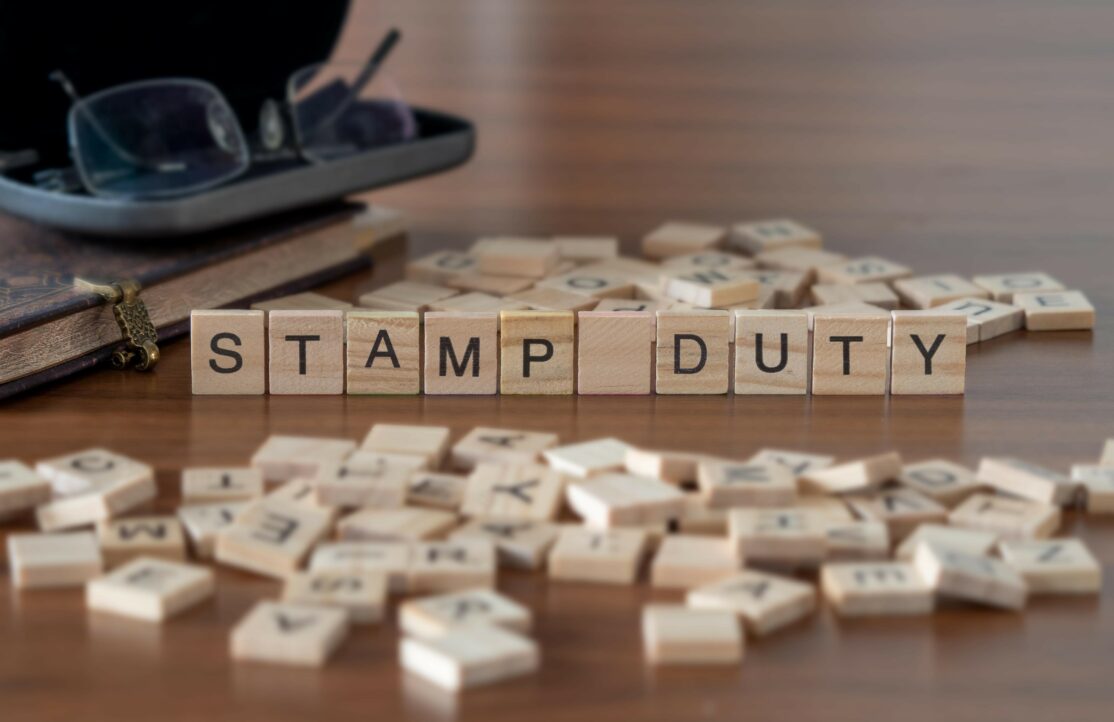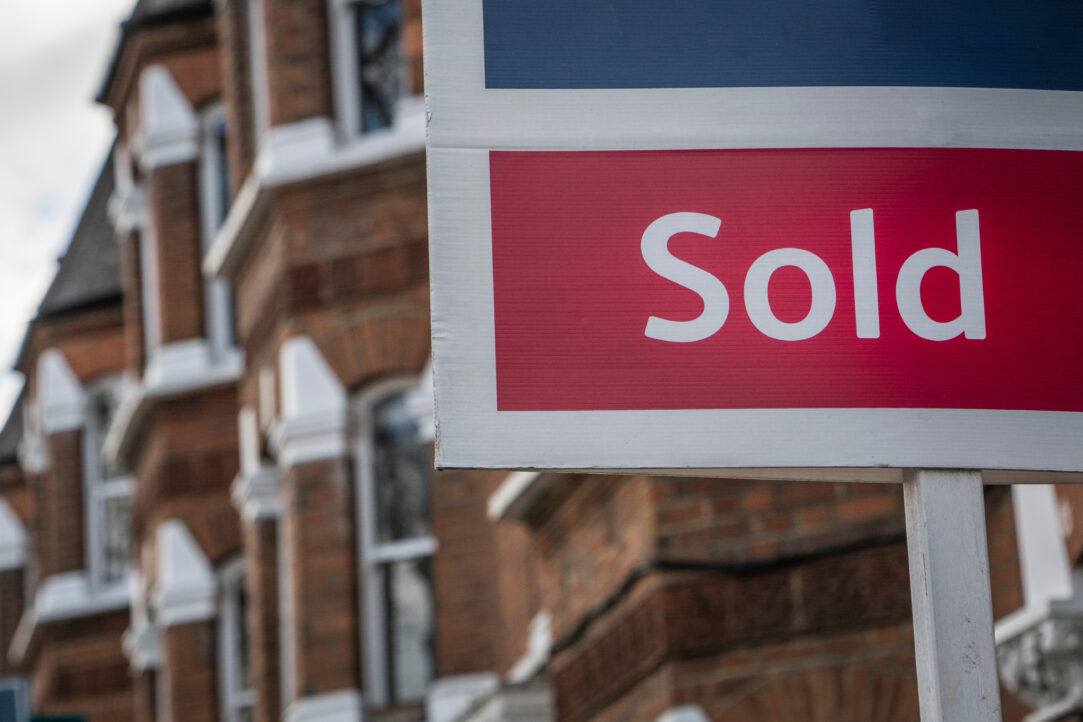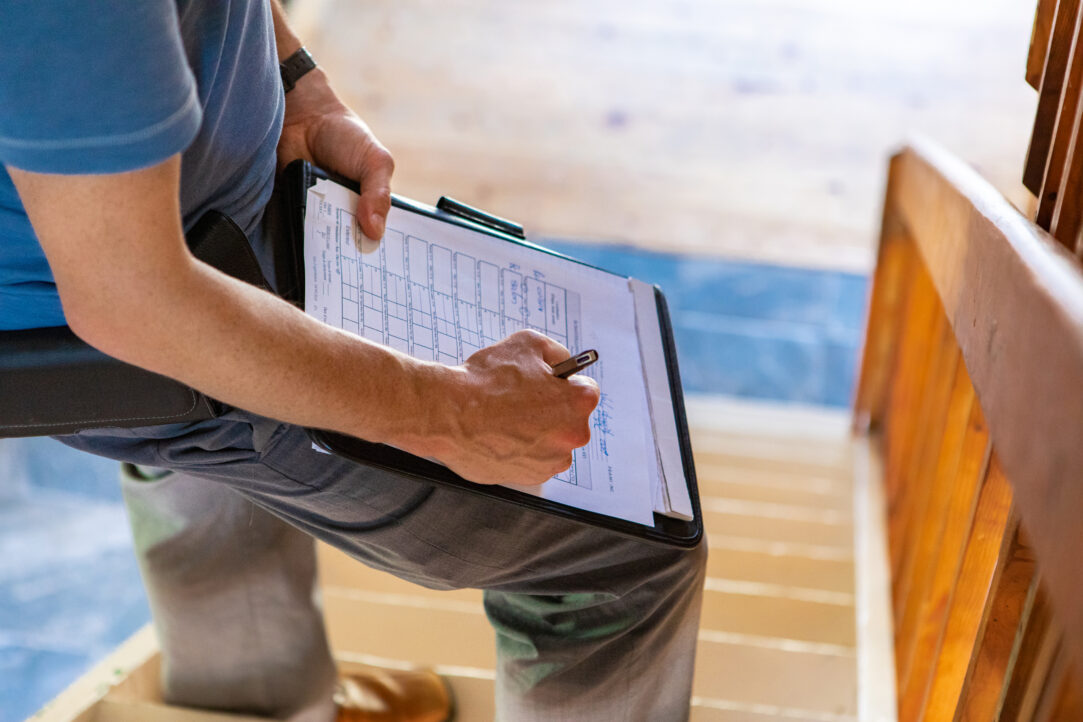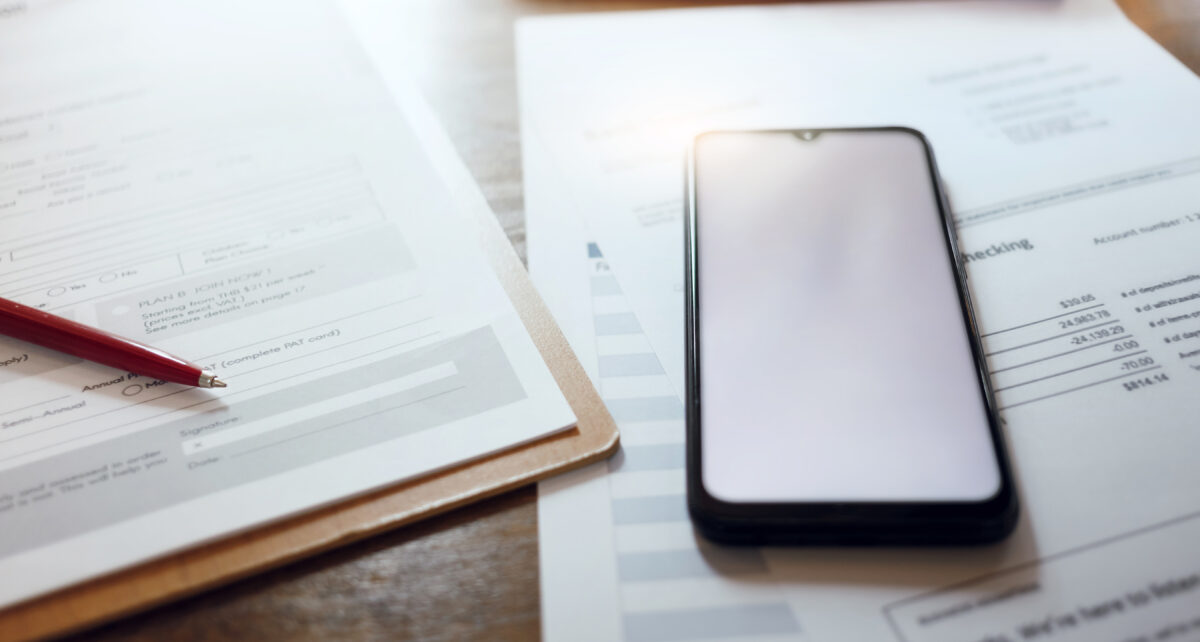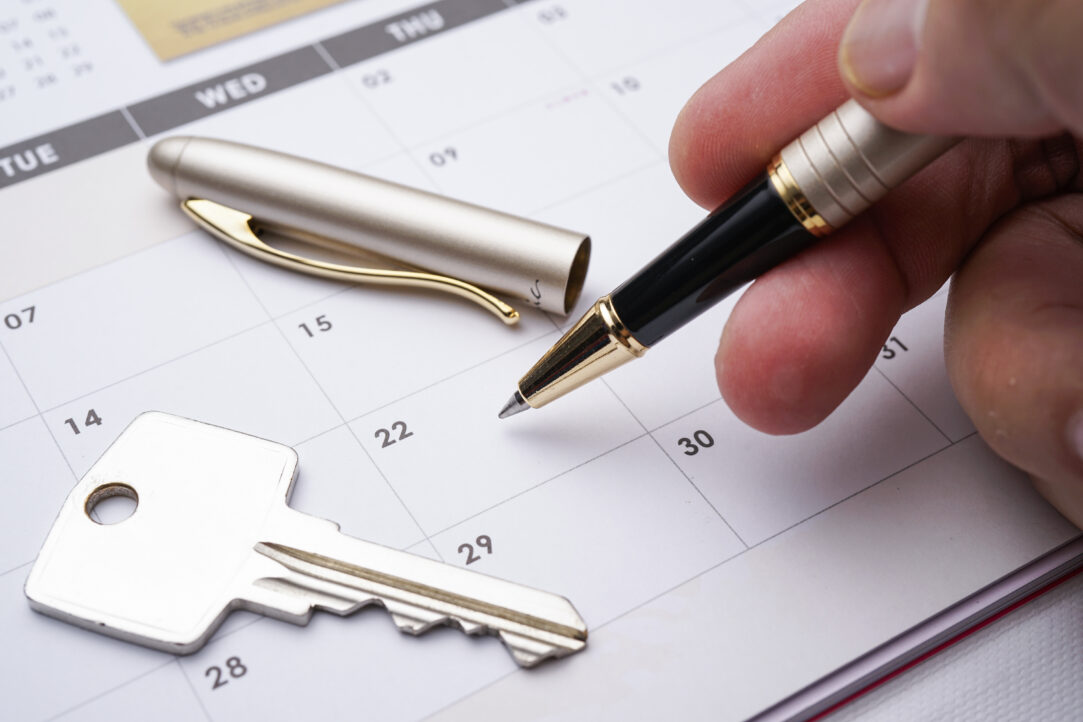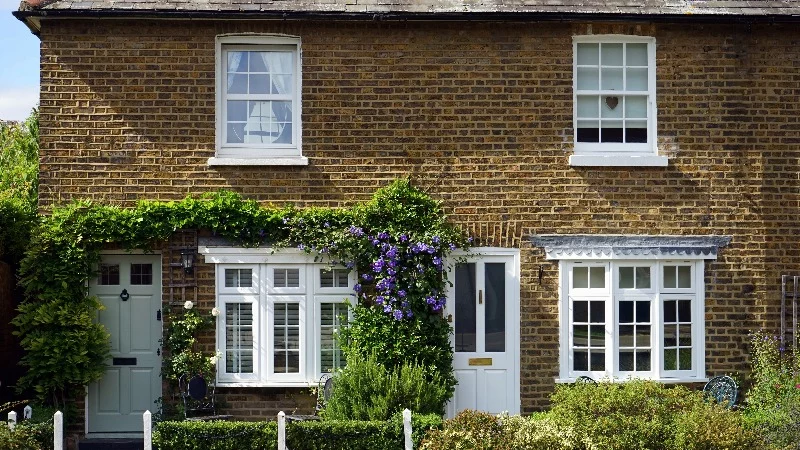- 21 Jun 2021
- •
- 3 min read
Home sellers beware: 6 traps to avoid – so choose your conveyancer carefully
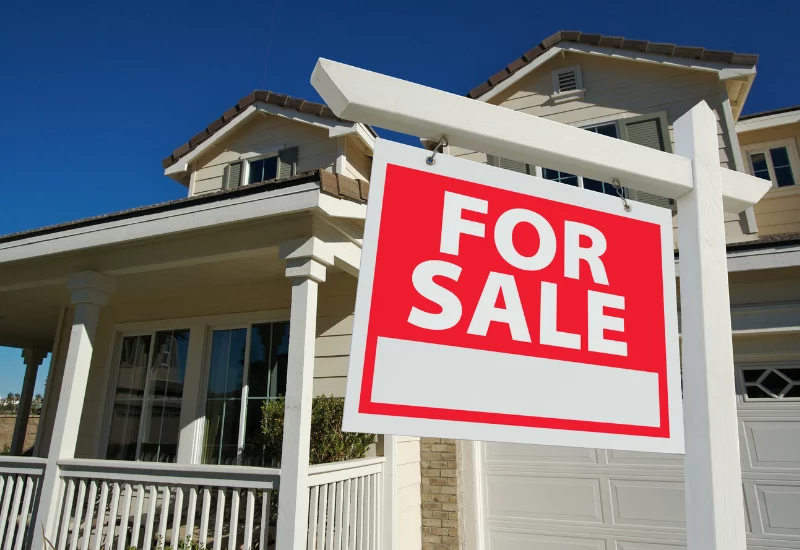
“But I’m just selling; the buyer takes the risks with everything, right?” Wrong. If you are selling a house or flat, there are so many things a buyer can challenger you over, even after you have sold, and so you need to make sure you have the best conveyancer on your side, to guide you and shield you from that happening.
Make sure you have a knowledgeable, experienced conveyancer looking after your sale. Quite often a ‘straight forward’ sale can be passed to a junior or unqualified member of staff who may not know what to look out for or how to best protect you as a seller.
Examples of things that can go wrong when selling a property
- Your conveyancer sends you a Property Information Form to complete, but your conveyancer does not take the time to read and check your answers, and simply sends it to your buyers’ lawyers. But you may have said things you did not need to, and so volunteered far more information and thus potential for inaccuracies once the buyer moves in. They could take court action against you for misrepresentation of the truth.
- Your conveyancer is sent multiple enquiries from your buyers’ conveyancer and simply asks you to answer them. Buyers should never ask questions about the state and condition of the property, or any which seek an option. However, if you answer them and at any point in the future the buyer suffers loss because they relied on what you said, they could again claim misrepresentation.
Even replying ‘not to my knowledge’ could imply that you have made reasonable investigations into a matter.
Your conveyancer should not only review enquiries and only send you those to which your responses are required but should also review the responses you are giving before sending these to your buyers Solicitor.
- The standard wording of a sale contract requires you to sell your home free of mortgages. You may not have realised that your business overdraft has become a mortgage on your deeds. A conveyancer can therefore get two things wrong:
a. they might obtain a repayment amount but only after exchange, and then you realise you have too much to repay to continue with the sale – yet too late as you will have exchanged. The buyer can claim breach of contract if you pull out.
b. your conveyancer may have missed the second mortgage completely, and released all the proceeds to you, and then the buyer points it out and you are again in breach of contract – having to hand back the business overdraft amount.
4 You are contracting to give vacant possession on completion. You must leave the property empty on completion of all items and rubbish you have not agreed with the buyer to leave. If you fail to. The buyer may look to claim from you for the cost of any removals.
5. If you deliberately conceal known physical defects, the buyer may take court action against you for deceit.
6. If an indemnity policy is taken out as part of the sale and you do not correctly comply with any ‘assumptions’ on the policy, yet exchange of contracts has already taken place, then the buyer may take court action against you for breach of contract.
Unfortunately things can go wrong when selling (or buying!) a property so the choice and quality of your conveyancer is so crucial to protect you. As with all things in life something is usually cheap for a reason. Selecting a conveyancer because of their cheap price may end up costing you more in the future.
To speak to one of the team you can get in touch below or call us on 0800 2800 421.

